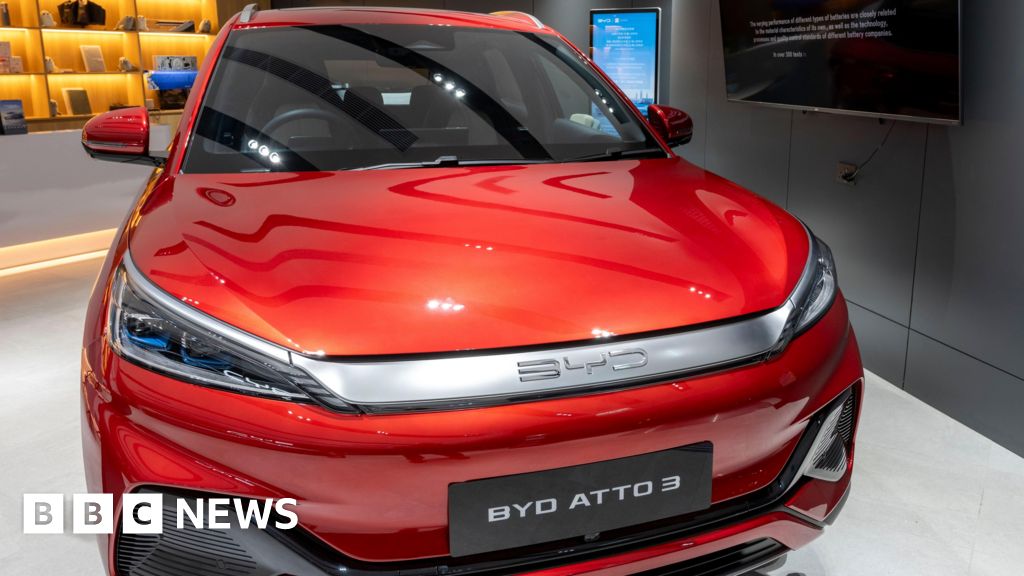I looked at how Canada's auto industry compares to South Korea's auto industry.
In terms of population, the two countries are about the same size - Canada has 40 million, while South Korea has 50 million. In terms of domestic auto sales, Canada has a larger market with 2 million in sales vs 1.4 million sales in South Korea, and yet South Korea not only has a thriving domestic auto industry, it also has two very successful
home-grown brands, Hyundai and KIA, that combined sell 7 million vehicles a year worldwide.
The above figures dispel the notion that the Canadian auto market is too small to support an auto industry, and they reinforce that Canada must not let what happened to Australia happen to Canada. We must not be left without an auto industry.
Trump is intent on poaching what is left of our auto industry. I don't see a way of returning to the status quo when Canada was part of a North American auto market and we traded tariff-free. We are not going to get Trump to change his mind, even though the United States enjoys a trade surplus in the sale of cars and car parts with Canada.
If Canada wants to preserve an auto industry,
we need to implement escalating tariffs on US-assembled vehicles, starting very small in year one and ending up in year five at least 100% tariffs on all US-assembled vehicles and car parts. If the Americans don't want to buy cars from us, why should we buy cars from the Americans? Phasing the tariffs in over five years gives automakers time to localize their Canadian auto production while reducing price shocks on new vehicles for Canadians. This will be a major transition, and when complete, there will be no going back.
Something for the Americans to reconsider. Do they want to destroy a trading relationship that has only benefited American workers and companies? Once they break it, they can never fix it (Canada/US relationship).
If the Detroit Big Three still want to sell cars to Canadians, they need to select their top-selling vehicles (pickup trucks) and assemble them in Canada for the Canadian market with Canadian auto parts. If they want to fill out their product range at dealerships, they can import vehicles from their Asian plants. Cadillac produces its most desirable cars in China, as does Lincoln!
As for the European and Asian brands, e.g., Honda, Toyota, Subaru, Volkswagen, Mercedes, BMW, Hyundai, and KIA, they need to be put on notice.
They need to be told that in five years from now, they will not be able to import any US-assembled vehicle into Canada. Some of these companies have recently announced major expansion plans for plants inside the United States. They need to be told that if they think they will be able to export any vehicle assembled in these new plants to Canada, they need to think again! They need to look at doing some Canadian assembly, and what cannot be assembled in Canada must be sourced from their global supply chain. From any country but the United States.
In conjunction with the above, Canada needs to open the market to Chinese vehicles, especially EVs. Drop the 100% tariffs and set a reasonable tariff rate on Chinese EVs while encouraging Chinese companies like BYD to localize some production in Canada, so in the end, for each car they assemble in Canada, they can import one vehicle from China tariff-free. A good model for ALL automakers.
Last week, Carney met with the Canadian CEOs of Ford, GM, and Stellantis, and their big request was an easing of EV mandates and reinstatement of EV rebates. These three American car companies are in the process of shutting down production in Canada, and they are asking Ottawa to ease EV mandates while reinstating rebates for EVs. The nerve!
If the Liberals are serious about increasing sales of EVs, the solution is simple and right before our eyes. Open the Canadian market to Chinese EVs. No need for rebates on EVs that sell at half the price of comparable Teslas. No need for EV mandates for EVs that sell like hot cakes. Check out the new XIAOMI YU7 SUV. It sold 240,000 Units In 18 hours!





